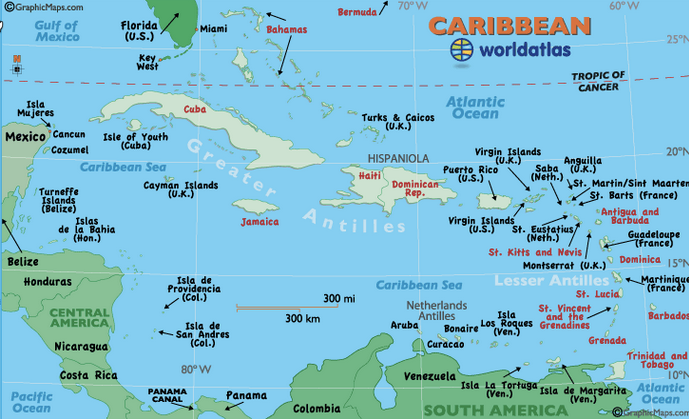The people of Puerto Rico rose up with a revolutionary vision — and won. After 12 days of protests, strikes and mass engagement, Gov. Ricardo Rosselló will step down on Friday. But the protests were about more than just Rosselló. They were the latest in a long tradition of Caribbean resistance to imperialism, repression and outsize U.S. influence.
For centuries, Caribbean freedom fighters have built international coalitions to challenge the deep pockets and formidable military of imperial powers. These efforts have created solidarity across borders and produced important measures of self-determination and independence. But this decolonization work has also been met with repression from abroad and poor leadership at home. That Puerto Ricans were able to remove Rosselló under the watchful eye of the U.S. empire is a major victory. But dismantling the oppressive mechanisms that are still in place requires strengthening old solidarities and building new ones.
People across the Caribbean have long understood that their freedom struggles were connected. Resistance to slavery was a common cause for people of color on both sides of Hispaniola. Haiti’s revolution led to the abolition of slavery in 1793 and independence from France by 1804. This planted the seeds for Haiti’s Toussaint L’Ouverture to declare the abolition of slavery in the Dominican Republic in 1801, which was made final in 1822.




